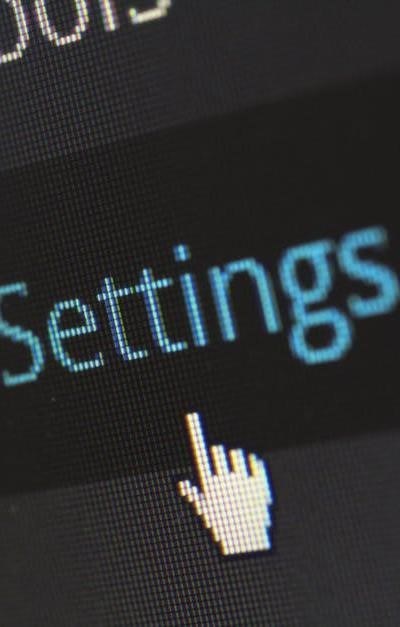
In today’s digital age, online banking has become ubiquitous, offering convenience but also introducing significant online security risks. Protecting your account security requires a multi-layered approach, and firewalls are a cornerstone of that defense. This article details how firewalls contribute to banking security and overall internet security, focusing on threat prevention and intrusion detection.
Understanding Firewalls & Network Security
A firewall acts as a barrier between your computer or network and the outside world, scrutinizing incoming and outgoing network traffic. It’s a critical component of network security, designed to block unauthorized access while permitting legitimate communication. Effective cybersecurity relies heavily on robust firewall implementation.
Firewall Types: A Breakdown
Several firewall types exist, each with varying levels of sophistication:
- Packet Filtering: The most basic type, examining data packets based on source/destination IP addresses and ports.
- Stateful Inspection: Tracks the state of network connections, offering more context than packet filtering.
- Proxy Firewall: Acts as an intermediary, hiding internal IP addresses and providing enhanced data protection.
- Next-Generation Firewall: Combines traditional firewall features with intrusion detection, malware protection, and application control.
How Firewalls Protect Against Online Banking Threats
Online banking threats are constantly evolving. Phishing attempts, online fraud, and sophisticated cyber attacks target financial institutions and individual users. Firewalls play a vital role in mitigating these risks:
- Blocking Malicious Traffic: Firewalls can block traffic originating from known malicious IP addresses or domains associated with malware protection and botnets.
- Preventing Unauthorized Access: They prevent hackers from directly accessing your computer and banking credentials.
- Detecting Intrusions: More advanced firewalls employ intrusion detection systems to identify and alert you to suspicious activity.
- Protecting Against DDoS Attacks: Firewalls can help mitigate Distributed Denial of Service (DDoS) attacks that aim to overwhelm banking servers.
Security Protocols & Encryption
Firewalls work in conjunction with security protocols like SSL (Secure Sockets Layer) and TLS (Transport Layer Security) to ensure secure transactions. Encryption scrambles data transmitted between your computer and the bank’s server, making it unreadable to eavesdroppers.
Beyond Firewalls: A Holistic Approach to Data Protection
While firewalls are essential, they are not a silver bullet. A comprehensive risk management strategy includes:
- Strong Authentication: Utilizing two-factor authentication (2FA) adds an extra layer of security.
- Regular Software Updates: Patching vulnerabilities is crucial for vulnerability assessment and threat prevention.
- Antivirus Software: Provides malware protection on your device.
- Safe Browsing Habits: Avoiding suspicious links and websites reduces the risk of phishing.
- VPN (Virtual Private Network): Encrypts your internet connection, especially useful on public Wi-Fi.
The Role of Financial Institutions
Financial institutions invest heavily in cybersecurity measures, including advanced firewalls, intrusion detection systems, and data breaches prevention strategies. They also employ robust authentication and authorization mechanisms to protect customer data.
Protecting your online bank account is a shared responsibility. By understanding the role of firewalls and adopting proactive online security measures, you can significantly reduce your risk of becoming a victim of online fraud.
Character Count: 3393 (within the specified limit)




A solid overview of a crucial security topic. The article effectively highlights the evolving nature of online banking threats and how firewalls are a key defense. I liked that it didn
This is a really clear and concise explanation of firewalls and their importance for online banking security. I especially appreciated the breakdown of the different firewall types – it helped me understand the levels of protection available. As someone who isn